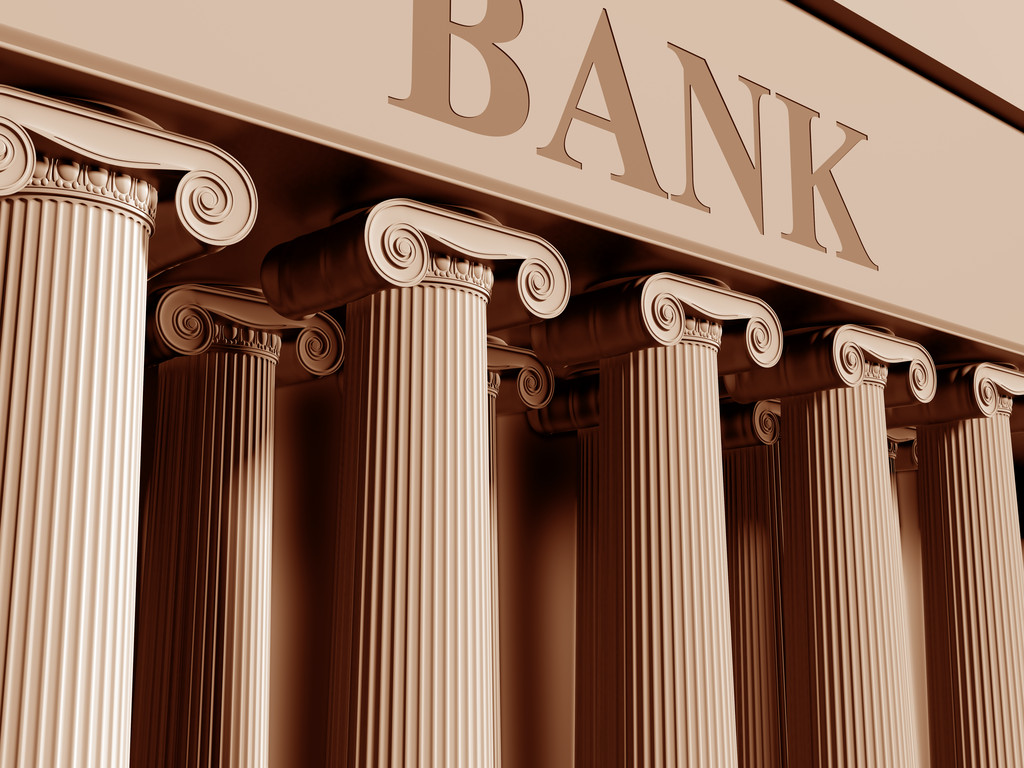Key Takeaway Table
| Key Takeaways | Details |
|---|---|
|
Defining Business Funding Unsecured
|
Unsecured overdrafts and term loans to eligible small businesses
|
|
Eligibility for Unsecured Funding
|
Credit score, time in business, sufficient turnover
|
|
Comparing Rates and Terms
|
Single-digit rates from banks and longer terms the better your credit score and time in business.
|
|
Selecting the Right Unsecured Funding Option
|
Match lender preference to your industry type and their funding limits
|
|
Managing Risks in Unsecured Funding
|
Strategies for adequate cash flow to repay the loan
|
When seeking a working capital solution for their business, the term ‘business funding unsecured’ is a search term frequently utilised by business owners. This funding option, which does not require property security, is a fast loan solution for businesses seeking cash flow support and the capital to expand their business. As traditional lending models evolve, unsecured business funding is an increasingly utilised business loan solution for small and medium-sized enterprises (SMEs) that may not have property or don’t wish to put up property security. This guide provides an overview of the unsecured finance options and offers insights into how Australian businesses can leverage this business loan solution.
Understanding Business Funding Unsecured
What is 'Business Funding Unsecured'?
At its core, ‘business funding unsecured’ refers to loans provided to businesses without the requirement of security, like a mortgage. Unlike secured loans, where assets such as property or equipment are used as security, unsecured funding relies on the borrower’s credit score and the business’s cash flow. This form of funding is particularly appealing to SMEs that may not have significant assets but possess a strong business model or those aiming to keep a clear separation between their assets and their business loans.
Advantages Over Secured Funding
The primary attraction of unsecured business funding lies in its accessibility. Businesses can obtain funds without the need to mortgage property. While various unsecured lenders have different policy niches, business owners who cannot qualify for bank lending or who have a challenging credit file can usually still get funding.
Because the application process for unsecured loans is a no-doc application assessed by a read-only view of bank statements, approvals are faster. This speed and ease of application make unsecured business funding a preferred choice for companies looking for a fast business loan solution.
Eligibility Criteria for Unsecured Business Funding

Key Qualifications
The eligibility for ‘business funding unsecured’ is based on the director’s credit score, account conduct (such as having no or not many direct debit dishonours) and the cash flow through their business bank account to service a loan. Lenders typically assess factors such as credit scores, business revenue, profitability, and time in business. A strong credit score is often a critical determinant for unsecured lending at banks and access terms of up to 5 years from other lenders.

Getting Approved
Optimal lender selection is often an overlooked component of getting approved for unsecured funding. Businesses should focus on choosing a lender whose policy allows for the loan size they’re seeking and welcomes applications from their industry, as not all lenders are interested in providing loans to all industries. Other important policy features can be how your chosen lender treats businesses with outstanding tax debt and other loans you might already have.
Unsecured Funding Interest Rates and Loan Terms
Understanding the Rate
When considering ‘business funding unsecured,’ it’s crucial to comprehend the interest rate could be presented as a simple rate or an annualised percentage rate—noting that a simple rate often equates to an effective cost that’s almost twice as much as an annualised percentage rate. Typically, unsecured loans might have higher interest rates compared to secured loans and rates vary widely based on the lender, your credit score and your time in business. If you’re not sure how to evaluate the best rate for your circumstances, we recommend you talk to an expert to make the best decision.
Loan Terms and Repayment
The terms of unsecured business loans can range from short-term (a few months) up to 7 years. The repayment structure might be a fixed monthly payment or it could be a weekly, fortnightly or even daily direct debit repayment. Businesses should carefully evaluate the loan terms, ensuring they align with their cash flow projections—loans with very short repayment terms and daily direct debits can strangle business cash flow.
Choosing the Best Unsecured Funding Provider
The Australian market offers a variety of lenders for ‘business funding unsecured,’ from traditional banks to alternative finance providers. Each lender has its unique offerings, interest rates, and terms. Businesses need to select the right lender. Otherwise, poor lender selection can result in your application being declined, or an approval taking longer than an optimal period. Consider factors like lender policy, the interest rate, loan term, flexibility of repayment, and any additional fees or charges. Businesses should seek lenders who welcome applications from their industry.

Risks and Considerations in Unsecured Business Funding
Defaulting on an unsecured loan can significantly impact a director’s credit score and future borrowing capacity. In addition to incurring fees and charges, lenders could take court action to recover their debts, which may lead to bankruptcy.
To mitigate risks, businesses should have a clear repayment plan and only borrow what they can comfortably repay. In the event of hardship, you should contact your lender as early as possible in an effort to work out a way to get your loan back into good standing.
Alternatives to Unsecured Business Funding Exploring Other Options
While ‘business funding unsecured’ is a viable option for many, it’s not the only route. Businesses can also consider secured loans, equity financing, or government grants, depending on their needs and circumstances. Each of these alternatives comes with its own set of advantages and considerations. For instance, secured loans might offer lower interest rates, while equity financing doesn’t require repayment but involves giving up a share of the business. Learn about home and investment lending.
Success Stories in Unsecured Business Funding
Case study: $300k unsecured overdraft and no-doc application for a construction industry business approved within 24 hours.
Our client, a wholesale supplier of products to the construction industry, could see their customers taking longer to pay their accounts. While the level of bad debt in their business was still low, they were concerned about potential cash flow issues should more customers take longer to pay.
Not wishing to use any property to secure a line of credit, we recommended an unsecured overdraft with no establishment fee, no line fees or management fees. The client only pays interest on funds they use.
The no-document application process was completed with us over the phone in minutes, and approval for a $300k limit was granted that day. The account settled with funds available the next day, which meant their time from enquiry to having their unsecured funding available was less than 48 hours.
Dark Horse Financial Are Experts In Unsecured Funding
'Business funding unsecured' offers a flexible and accessible unsecured finance solution for many Australian businesses. It allows companies to access capital without the need for a mortgage over property, providing a fast solution and easy application process. A key component to the right business funding unsecured option is to ensure the right selection. darkhorsefinancial.com.au is composed of expert unsecured funding experts. Contact us here for assistance with your unsecured business loan.



